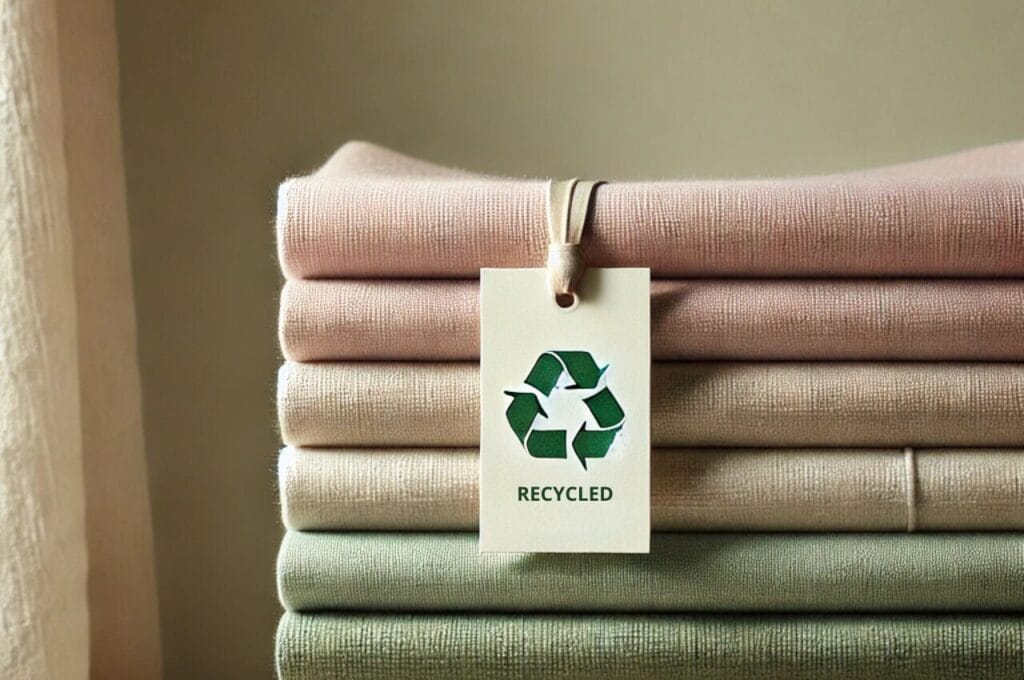The shift towards a more responsible fashion seems well underway in terms of intentions. However, when it comes to taking action, consumers still face numerous obstacles. This is revealed by the new international study published by Zalando, the German giant of online fashion retail, which outlines an ambitious roadmap for a collective transformation of the sector.
Entitled It Takes Many, this survey follows a previous initiative from 2021 (It Takes Two) and today broadens its scope. It calls for a general mobilization: brands, retailers, European institutions, national governments, social platforms, and influencers are all urged to play an active role in the transition to more sustainable fashion.
A strong will, hindered actions
Conducted in five European countries — including France, Germany, and Italy — the survey shows that 66% of consumers claim to be already engaged in responsible clothing choices. And 71% say they want to do more, while 74% wish to wear more sustainable clothing. This strong aspiration, however, is hindered by several persistent barriers: high prices (41%), lack of guidelines to identify responsible products (27%), and distrust of brands’ sustainability claims (19%).
Brands in the spotlight
Consumers no longer want to bear the burden of the transition alone. 77% expect clear and concrete actions from the brands themselves. And that’s not all: 72% believe that other consumers should also get involved, while a majority calls for stronger commitments from public institutions (66% for the European Union, 63% for the states), as well as from social media (65%) and influencers (61%).
For Zalando, the goal is clear: involve the entire fashion ecosystem. As early as 2020, the platform began imposing sustainability criteria on third-party brands and publishing information about their supply chains. Five years later, the group continues its strategy by focusing on transparency and customer support.
A consumer to better understand
The study offers a detailed typology of buyer profiles: the “Fashion First” (fashion enthusiasts), the “Conscious Curators” (engaged), the “Mindful Minimalists” (moderate but demanding consumers), and the indifferent. According to Zalando, these segments could be mobilized more effectively if their deep aspirations are better understood, whether it be to assert their values or to strive for an embraced minimalism.
Regulation is not enough
Notably, even among consumers in favor of a greater role for public authorities, only a third support tools like an official eco-score or a simplified label. This caution comes at a time when the European Commission validates the PEF (Product Environmental Footprint) method to measure the environmental impact of clothing, while choosing not to yet share the results with the general public.
In a context where Zalando is recording solid growth — +6.5% in sales volume in the 3rd quarter of 2024, for an annual revenue of 10.5 billion euros — the group seems eager to leverage its market weight to drive structural change in fashion consumption. But it is essential that all stakeholders, including consumers, step up.
With fashionnetwork.com


